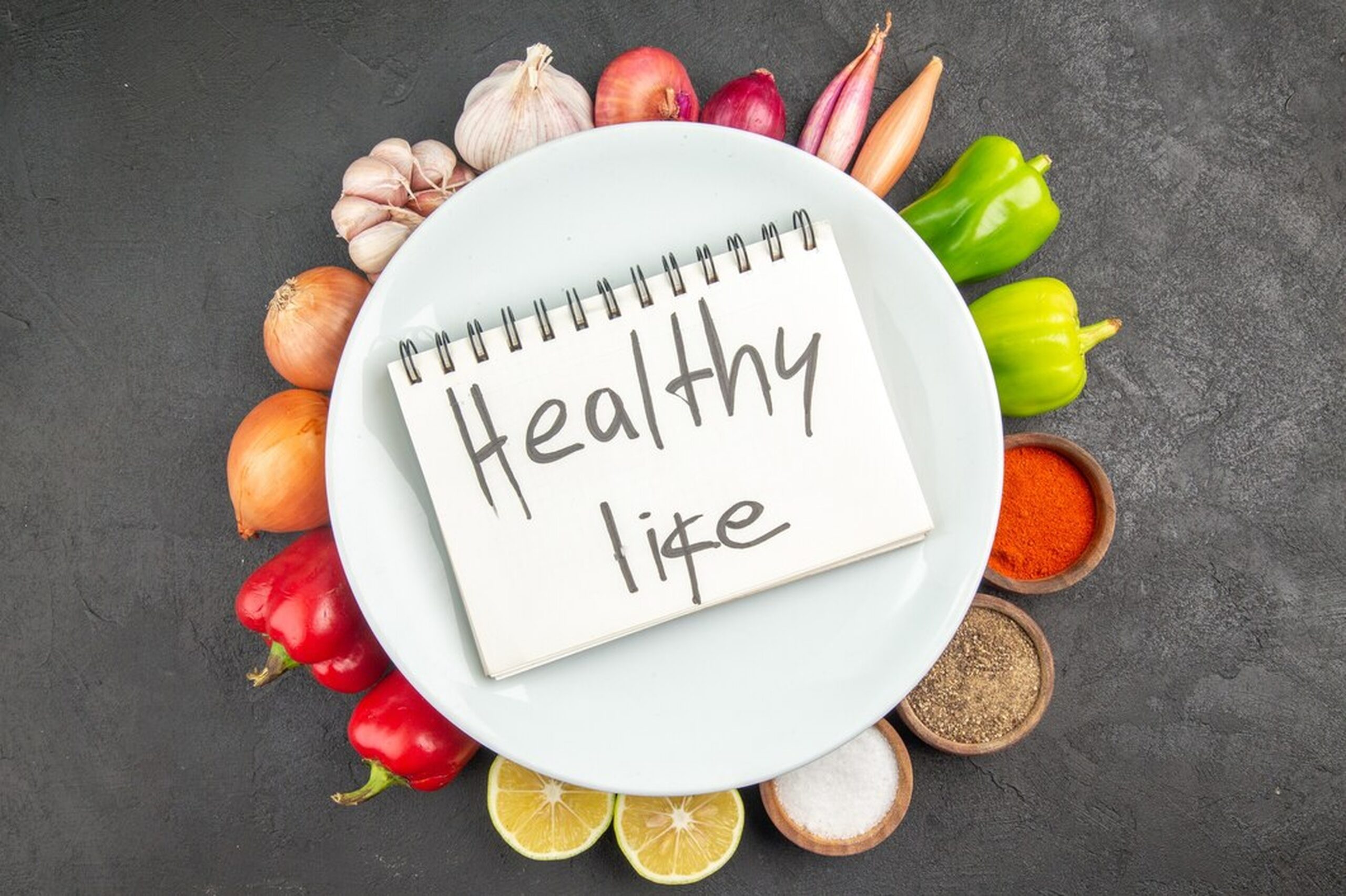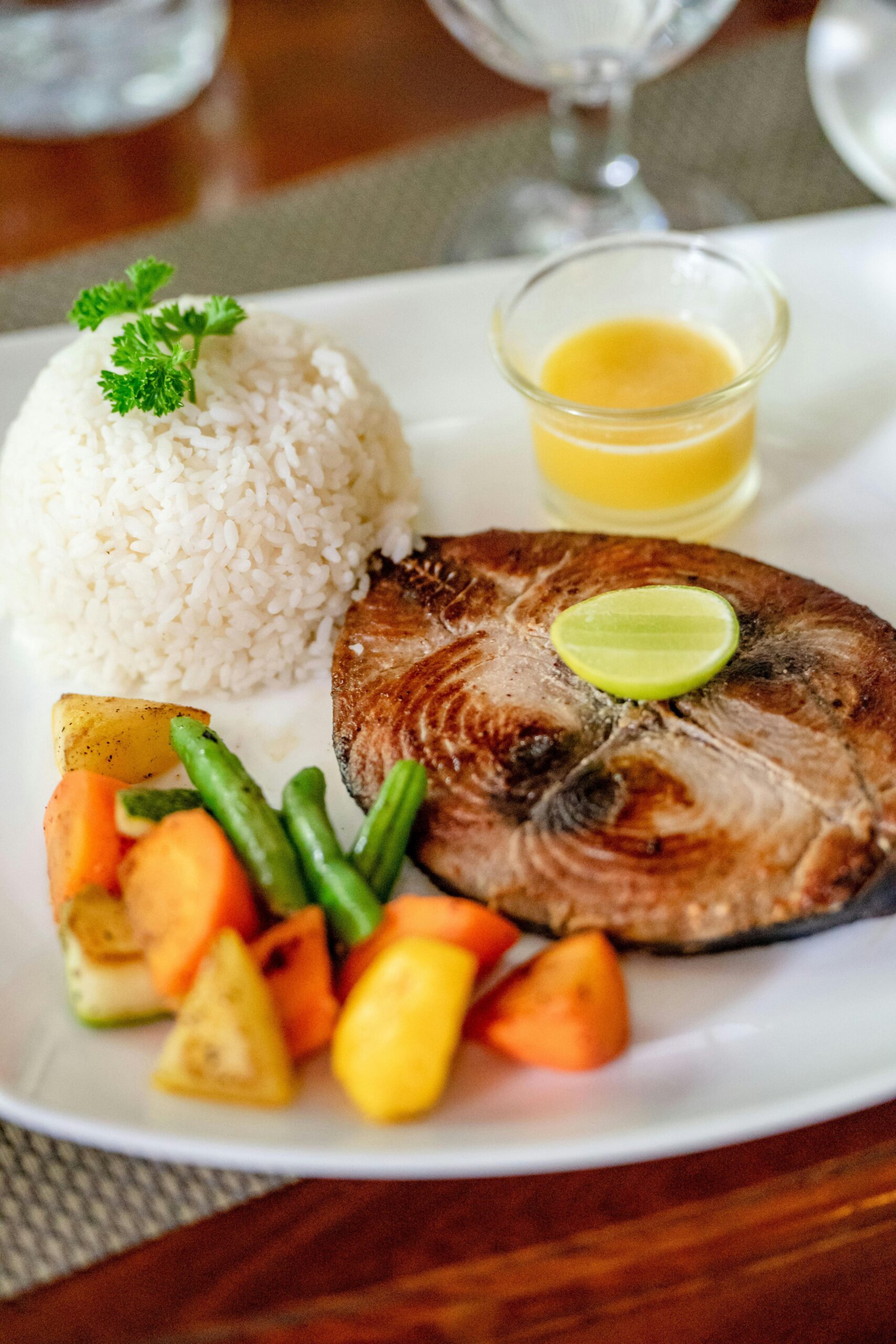This is a new year, the perfect time to remind ourselves that health is wealth. With modern life moving at a fast pace, many people struggle with balancing good nutrition with work, social life, and personal commitments.
What you put in your mouth goes a long way to determine how your body functions tomorrow.
Consuming fast food, processed meals, and skipping meals have become common habits, especially in cities like Lagos, Abuja, and Port Harcourt. But neglecting proper nutrition can lead to frequent illnesses, fatigue, and long-term health complications.
So, how can people make smarter food choices without disrupting their routines? We spoke to experts who shared practical tips to eat better effortlessly.
Small swaps make big differences
Dietitian Enoabasi Nta explains that many people assume healthy eating means abandoning their favourite foods, but small adjustments can make a big difference.
“Instead of ditching fast food completely, simply swap ingredients for healthier versions,” she advises. “If you’re grabbing a meal from a buka, go for grilled chicken or fish instead of deep-fried options. If you’re eating at a restaurant, choose grilled items over fried ones and opt for coleslaw instead of fries.”
She encourages leveraging local staples for nutritious meals without too much extra cost or effort. “Boiling plantains or yams instead of frying takes about the same time as waiting for a fast food order. Pair them with vegetable soups or stews cooked in bulk over the weekend,” she suggests.
For healthier snacks, Nta suggests swapping processed items for readily available options: “Instead of biscuits or chin-chin, go for groundnuts, tiger nuts, or fresh fruits like oranges and bananas. These are affordable, widely available, and require no preparation. Keeping a stash in your bag or car helps you avoid impulse buying at traffic stops.”
READ ALSO: Nutritionists reveal foods Nigerians should avoid in 2025
She also warns against sugary drinks. “Many Nigerians love malt and soda, but switching to water, kunu, or zobo is healthier. You don’t need to cut these drinks out entirely; just reduce your intake.”
Portion control also plays a role. “Nigerians often order large plates of food. Instead of finishing everything at once, consider splitting your meal with a colleague or saving half for later,” she advises.
Long hours in traffic also encourage poor snacking choices. Nta recommends healthier roadside options. “Instead of grabbing doughnuts or meat pies, go for roasted corn, boli (roasted plantain), or akara. These are filling and better for your body,” she says.
‘Not that difficult’
Nutritionist Ademiju Fakoya says one of the biggest misconceptions about eating healthy is that it has to be difficult or restrictive. “Many people think eating well means giving up their favourite foods, counting every calorie, and following strict rules. No wonder it feels overwhelming,” she explains.
Fakoya believes ‘diet fad’ wrongly reduces health to mere weight loss. “The idea that food is something to endure rather than enjoy is misleading. People focus on numbers — calories, weight, portion sizes —instead of asking: ‘Am I eating foods that nourish my body?’”
READ MORE: Dangers of unhygienic practices by fruit vendors — Nutritionists
Practical tips for healthier eating
Healthy eating does not have to be stressful. Dietitians Enoabasi Nta and Ann Udo-Umo, along with nutritionists Ademiju Fakoya, Odukoya Fiyinfoluwa, and Ibude Jayne, offer these simple yet effective strategies:
Plan meals ahead

If cooking daily is difficult, prepare meals in bulk over the weekend. Carry small snacks like nuts, dried fruits, or boiled eggs to avoid buying junk food.
Make smarter food choices

Instead of deep-fried foods, go for grilled, steamed, or roasted options. Eat more vegetables by adding them to soups and rice dishes.
Reduce processed drinks
Soft drinks and packaged fruit juices contain too much sugar. Switch to water, infused water, zobo (unsweetened), or kunu instead.

Eat according to your lifestyle

If your job requires physical activity, eat more energy-giving foods like beans and yams. If you sit at a desk all day, focus on lighter meals with more vegetables.
Avoid skipping meals

Skipping meals leads to overeating later. Even in a rush, eat something small and nutritious like whole wheat bread, fruits, or boiled eggs.
Drink more water

Many people mistake thirst for hunger, leading to unnecessary snacking. Carry a bottle of water everywhere to stay hydrated.








